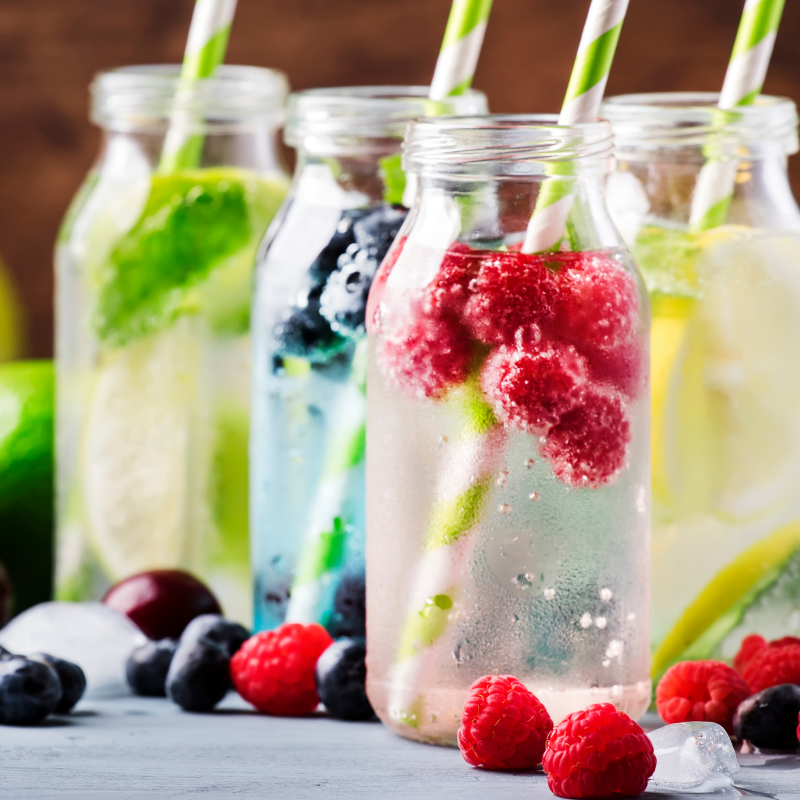Kids are Eating as Much Salt as Adults and It May Not Bode Well for Their Blood Pressures
The above chart, which was included in an interesting article I recently read about salt consumption in children and adolescents, effectively show how intelligent food choices, can keep our salt consumption down.
A study just published by the Centers for Disease Control and Prevention, in the journal Pediatrics, found that kids are consuming salt at the same daily rate as adults, over 3,300 mg per day. Recent government guidelines suggested adults keep salt consumption to no more than 2,300 mg per day and people over the age of 50 keep consumption to no more than 1,500 mg/day. I will discuss later on in this article just how realistic and achievable these recommendations are.
The CDC researchers found that although elevated salt consumptions was related to higher blood pressure, the correlation was much stronger in over-weight and obese children. To keep things in perspective, and not to cause undue alarm, only 15% of the children demonstrated hypertension, but the over-weight and obese kids were 7 times more likely to have hypertension than children whose weights were within recommended ranges.
Just how feasible is it for children or adults to meet these recommended levels? Not very easy, considering how salt sneaks into everything we eat, even items that are considered healthy.
A bowl of chicken soup can contain almost half of the daily recommended salt limit. (1225 mg) A six inch chicken sub can contain 1,300 mg of salt. As the chart at the top shows 6 thin slices of turkey alone can contain over 600 mg of salt not including the salt in the bread or cheese which can add another 710 mg of salt.

Are your kids eating too much sodium?
Though many physicians believe that persistent, over-consumption of salt can lead to elevated blood pressure, research has shown that not everyone is genetically pre-disposed to salt causing them to become hypertensive. Excessive weight, as well as familial history, lack of physical activity and even race, can also contribute to your risk of developing hypertension, which can lead to heart disease and stroke.
So what are we as adults and parents to do when it is clearly not easy to avoid high levels of salt from creeping into our daily diets?
- Read labels and see how much sodium is listed for each product you purchase. After a while you will identify those food products that are chock full of sodium (like soups, processed foods, and packaged meats to name a few).
- Drink lots of water
- Potassium and magnesium help to normalize blood pressure, so make sure that you are consuming at least 400 mg/day of magnesium from both your food choices and your daily supplements and at least 4,500 mg/day of potassium from your food choices and dietary supplements.
These important minerals can help to offset some of the negative effects of excessive salt consumption.
Curt Hendrix M.S. C.C.N. C.N.S.


